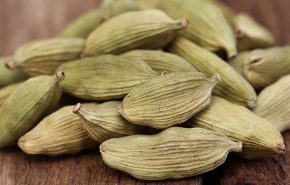
Original price was: €12.99.€6.00Current price is: €6.00.
Hyssop Essential Oil
Hyssop Essential Oil is effective at treating chest infections, especially where there is thick mucus. Hyssop helps to fluidify the catarrh so that it can be expelled more easily. Hyssop is also useful for bruises, it should be applied in a cold compress as soon as possible after the bruising has occurred. Hot compresses, on the other hand, are helpful for rheumatism.
Hyssop was regarded by both the Greeks and the Hebrews as a sacred herb, and is mentioned several times in the Old Testament. It was used to clean out temples and sacred places, quite literally by using bundles of the herb as a broom. Later, it was a popular strewing herb, and these two uses might lead us to consider burning or vapourising a little hyssop to disinfect rooms and protect from infection.
Arctander has this to say “Hyssop Oil is a pale yellow or faintly greenish yellow to almost colorless oil of a powerful, somewhat sharp, but sweet-camphoraceous odor, and with a warm-aromatic, spicy undertone. In perfumery, the oil will induce a rich body, warm and spicy-herbaceous notes and personality or typical character to certain types of fragrances, e.g. the citrus type colognes, fougeres, ambres and light-aldehydic fragrances as well as heavy, Oriental bases. Hyssop oil blends well with citrus oils, lavender oil, rosemary, myrtle, laurel leaf, sage and sage clary, amyl salicylate, linalool, eugenol, geraniol, etc.”
Botanical Name: Hyssopus officinalis
Origin: Italy
Safety Data: Hyssop essential oil should be avoided by epileptics, people with high blood pressure or at any time during pregnancy.

















Reviews
There are no reviews yet.